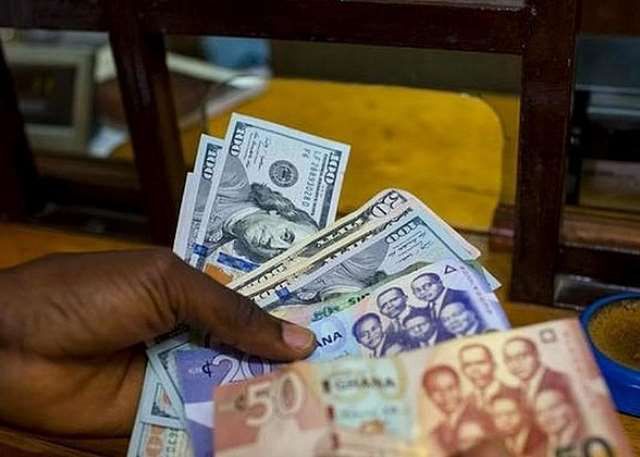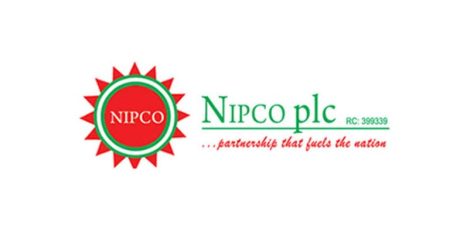The Ghanaian Cedi’s Resurgence: A Detailed Analysis of Exchange Rates on July 4, 2025
On Friday, July 4, 2025, the Ghanaian cedi demonstrated a notable appreciation against major international currencies, particularly the US dollar. This positive trend was reflected across various exchange platforms, including forex bureaus, the Bank of Ghana interbank market, and digital remittance services. Cedirates.com, a trusted source for currency and fuel rate information in Ghana, provided the data underpinning this analysis. The observed appreciation suggests a strengthening of the cedi’s position within the foreign exchange market, potentially driven by various economic factors such as increased exports, improved investor confidence, or effective monetary policies. This analysis will delve into the specific exchange rates observed on this date, comparing the rates across different platforms and currencies to provide a comprehensive overview of the cedi’s performance.
Forex Bureau Rates: A Premium for Dollar Transactions
Forex bureaus, which cater to individual currency exchange needs, offered slightly less favorable rates compared to the interbank market. The average buying rate for the US dollar at forex bureaus was recorded at GHS12.00, while the selling rate stood at GHS12.50. This difference, known as the spread, represents the bureau’s profit margin. The higher rates at forex bureaus can be attributed to factors like operational costs and market dynamics. For the British pound, forex bureaus quoted an average buying rate of GHS13.92 and a selling rate of GHS14.84. Similarly, the euro was traded at GHS12.06 for buying and GHS12.82 for selling. These figures highlight the prevailing exchange rates for individuals seeking to exchange these currencies at physical bureau locations.
Bank of Ghana Interbank Market: A Benchmark for Currency Exchange
The Bank of Ghana interbank market, where banks and other financial institutions trade currencies, served as a benchmark for exchange rates. On July 4, 2025, the cedi traded at GHS10.31 for buying and GHS10.33 for selling against the US dollar. This tighter spread compared to forex bureaus reflects the wholesale nature of the interbank market. The interbank rate for the British pound stood at GHS14.10, while the euro was traded at GHS12.13. These interbank rates often influence the rates offered by other financial institutions and provide a clearer picture of the cedi’s underlying strength against these currencies.
Remittance Services: Competitive Rates for International Transfers
Remittance services like LemFi and Afriex offered highly competitive exchange rates for individuals sending money to Ghana from the US or UK. For US dollar remittances, LemFi offered a rate of GHS10.30, while Afriex offered GHS10.31. These rates closely mirrored the interbank market rates, making these services a cost-effective option for international transfers. For British pound remittances, both LemFi and Afriex offered a rate of GHS14.00, again aligning with the interbank market dynamics. Afriex quoted GHS12.13 for the euro, while LemFi offered GHS12.12, demonstrating the competitive landscape within the remittance market. These favorable rates likely reflect the increasing popularity and efficiency of digital remittance platforms.
Digital Subscription Payments: A Standardized Exchange Rate
For digital subscription payments using Visa and Mastercard for services like Netflix, Spotify, and Apple Music, a standardized exchange rate of GHS11.13 was applied for both card networks. This consistent rate simplifies transactions for users and provides transparency in the cost of these international services. The slightly higher rate compared to the interbank market likely accounts for processing fees and other associated costs.
Conclusion: A Positive Outlook for the Ghanaian Cedi
The Ghanaian cedi’s performance on July 4, 2025, signaled a positive trend in its value against major international currencies. The appreciation observed across different exchange platforms suggests a strengthening economic position for Ghana. While forex bureaus offered slightly higher rates due to their operational model, the competitive rates offered by remittance services and the standardized rates for digital subscriptions demonstrate a dynamic and accessible foreign exchange market. The data provided by Cedirates.com offers valuable insights into the prevailing exchange rates and contributes to a better understanding of the Ghanaian cedi’s position within the global financial landscape. This positive momentum could have implications for import/export dynamics, foreign investment attractiveness, and overall economic stability. Continued monitoring of these rates will be crucial for assessing the long-term trajectory of the cedi’s value.














